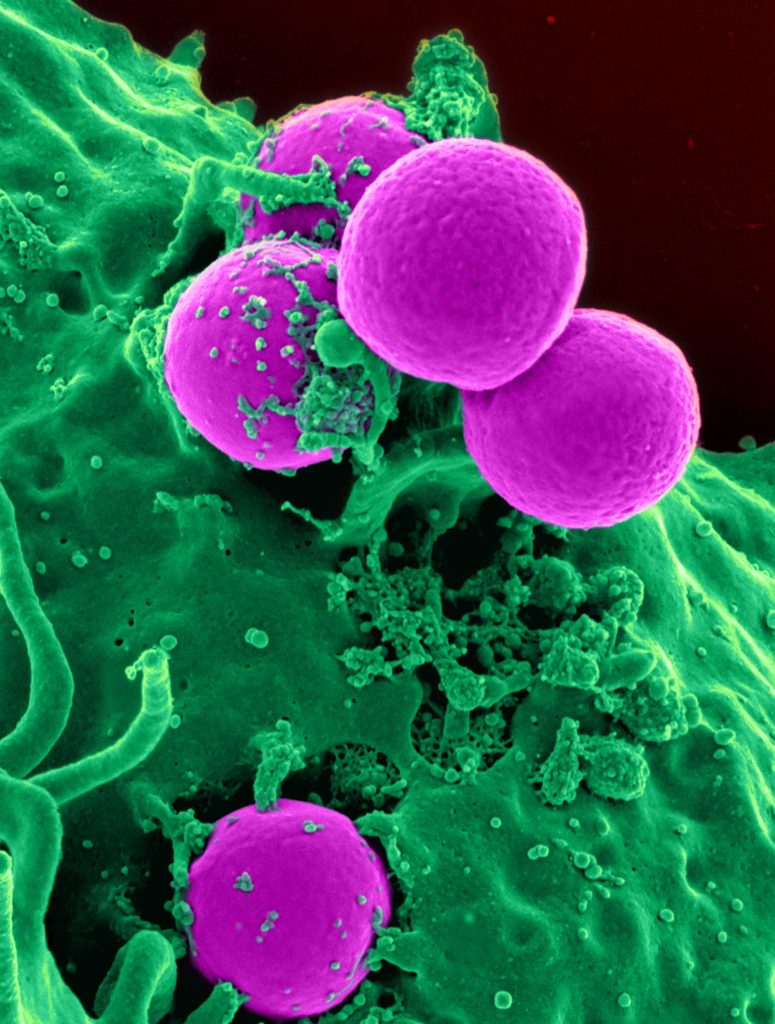It’s in you, It’s all over you. It is you. Your body consists of an entire ecosystem of diverse and bacteria more than 100 trillion of them called the human microbiome. Do you know that the greatest concentration of bacteria lives in your gut? This ecosystem of micro-organisms is a huge part of who you are. Your microbiome aids in food digestion to fuel your body influences your mood and boosts energy levels. However, it helps you to adapt your surroundings to protect against harmful micro-organisms. Scientists have just scratched the surface of understanding how incredible this little micro-organism is to our health.
What is the human microbiome?
It is an aggregate of all the microbiota that reside inside the human tissues, biofluids, skin, mammary glands, placenta, seminal fluid, saliva, and gastrointestinal tract. Human microbiota comprises approximately 10-100 trillion microbial cells in the gut. Most of the microbes in your intestines are found in a “pocket” of your large intestine called the cecum, and they are referred to as the gut microbiome
Origin of the gut microbiome:
Firstly, we are sterile when we are in the womb, but after birth, we get this handover bacteria. Secondly, during pregnancy, this bacterium shifts from mother to child.
How gut microbiome affects your body?
As your microbiome grows, it affects your body in several ways:
-
Digesting breast milk: some bacteria grow inside babies’ intestines called They digest healthy sugars in breast milk that are necessary for growth.
-
Digesting fiber: certain bacteria digest fiber, producing short-chain fatty acids, which are important for gut health. Fiber helps to prevent weight gain, diabetes, heart disease, and risk of cancer.
-
Helping control your immune system: By communicating with immune cells, the gut microbiome can control how your body responds to infection.
-
Helping control brain health: New research indicates that the gut microbiome may also affect the central nervous system.
Effect of the gut microbiome on your weight:
An imbalance of healthy and unhealthy microbes is sometimes called gut dysbiosis, and it may contribute to weight gain.
Several well-known studies have shown that the gut microbiome differed completely between identical twins, one of whom was obese and one of whom was healthy. This demonstrated that differences in the microbiome were not genetic. Fortunately, probiotics are good for a healthy microbiome.
Gut dysbiosis may lead to weight gain, but probiotics can potentially restore gut health and help reduce weight
Effect of the gut microbiome on brain health:
First, certain species of bacteria can help produce chemicals in the brain called neurotransmitters. For example, serotonin is an antidepressant neurotransmitter that’s mostly made in the gut (Trusted Source, ).
Therefore, the gut microbiome may also affect brain health by helping control the messages that are sent to the brain through these nerves (Trusted Source, Trusted Source).
Effect of the gut microbiome on gut health:
Certain unhealthy species in the gut microbiome may also contribute to heart disease by producing trimethylamine N-oxide (TMAO). TMAO is a chemical that contributes to blocked arteries, which may lead to heart attacks or stroke. Thus, certain bacteria within the microbiome convert choline and L-carnitine, both of which are nutrients found in red meat and other animal-based food sources, to TMAO, potentially increasing risk factors for heart disease. (Trusted Source, Trusted Source, Trusted Source).
Helps in controlling blood sugar level and lowering the risk of diabetes:
The gut microbiome also may help control blood sugar, which could affect the risk of type 1 and 2 diabetes. In addition to, it found that the diversity of the microbiome dropped suddenly before the onset of type 1 diabetes. It also found that levels of the number of unhealthy bacterial species increased just before the onset of type 1 diabetes (Trusted Source).
How to improve your gut microbiome?
There are many ways to improve your gut health:
- Eat a diverse range of foods
- Eat fermented foods
- Limit your intake of artificial sweeteners
- Eat prebiotic foods
- Breastfeed for at least six months
- Eat whole grain
- Try plant-based diet
- Eat foods rich in polyphenols
- Take pro-biotic supplements
- Take anti-biotics when necessary
There are six supplements to support microbiome:
- Probiotics
- Pre-biotic powder
- Magnesium
- Fish oil
- L-Glutamine
- Vitamin D
Final thoughts:
The gut microbiome plays a very important role in your health in controlling digestion and controlling your immune system. An imbalance in healthy and unhealthy intestines may contribute to weight gaining, high blood sugar level, high cholesterol and other disorders.
https://www.ncbi.nlm.nih.gov/pmc/articles/PMC3426293/
https://en.wikipedia.org/wiki/Human_
Visit our lab services page to learn more about the GI map stool test


